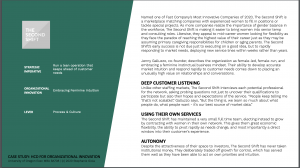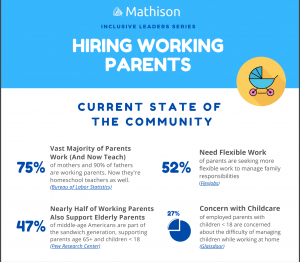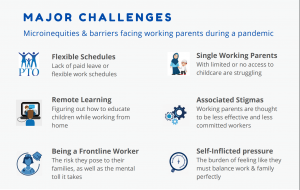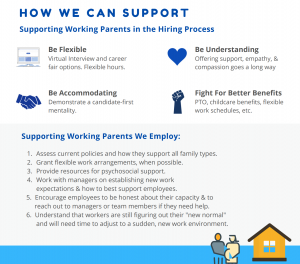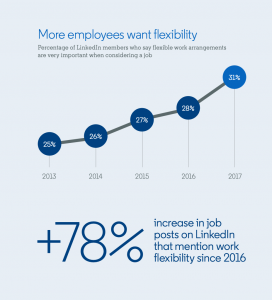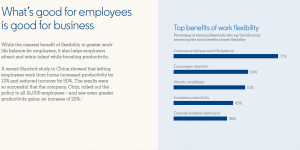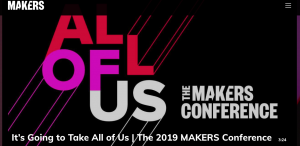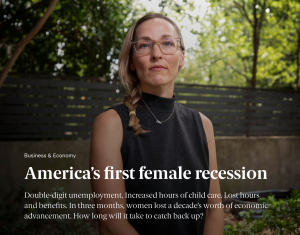
Pleased to share a wonderful article in The 19th News (a wonderful media platform focused on women and politics) about how this pandemic is overwhelming working mothers and forcing them to make really tough choices about balancing work and childcare (if they are fortunate to have choices). Our co-founder Jenny was quoted as a representative of the women in our member community:
“Jenny Galluzzo, co-founder of the Second Shift, a platform that matches professional women with freelance and consulting projects, said the site has seen four times as many applicants since February as women try to make up lost work hours with part-time consulting work.
Beyond that, most women tell her they’re just waiting.
“You can’t plan ahead in any concrete way. And that stress manifests itself because you don’t know how to interact with the workforce. If you’re out looking for a job, how can you know what job to take because you don’t know in two months what your kids’ school situation will be?” Galluzzo said. “I worry for women because we’re taking an undue burden of all of the care and the invisible labor. I worry about all the strides we’ve made just being set back.”
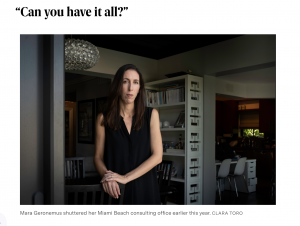
One of our members, Mara Geronemus, a working mother of 3 young children and wife of a front-line doctor, is also featured because the weight of her work and responsibilities forced her to turn down clients and take a step back right when her practice was taking off. It’s a relatable story and one that really captures the anxiety, stress, helplessness and disappointment many of us feel right now.
On the positive side, Jenny sees a silver lining if we can just hold our breath and make it to the other side…
“In many ways, though, coronavirus has served as a magnifying glass, bringing into sharper focus issues like child care that have long been ignored — and employers are responding. Companies that once resisted flexible work set-ups, and particularly remote work, are starting to embrace the idea.
“We have been fighting for the ability for women to work remotely and flexibly for years. It’s the number one thing women want for employment and companies have now been forced to see that that model works,” said Galluzzo, from the Second Shift. “And when the economy comes back and jobs are more plentiful and our kids are in school, I see this as ultimately a benefit because you don’t have to convince people any longer that [flexibility and being remote] works.”
